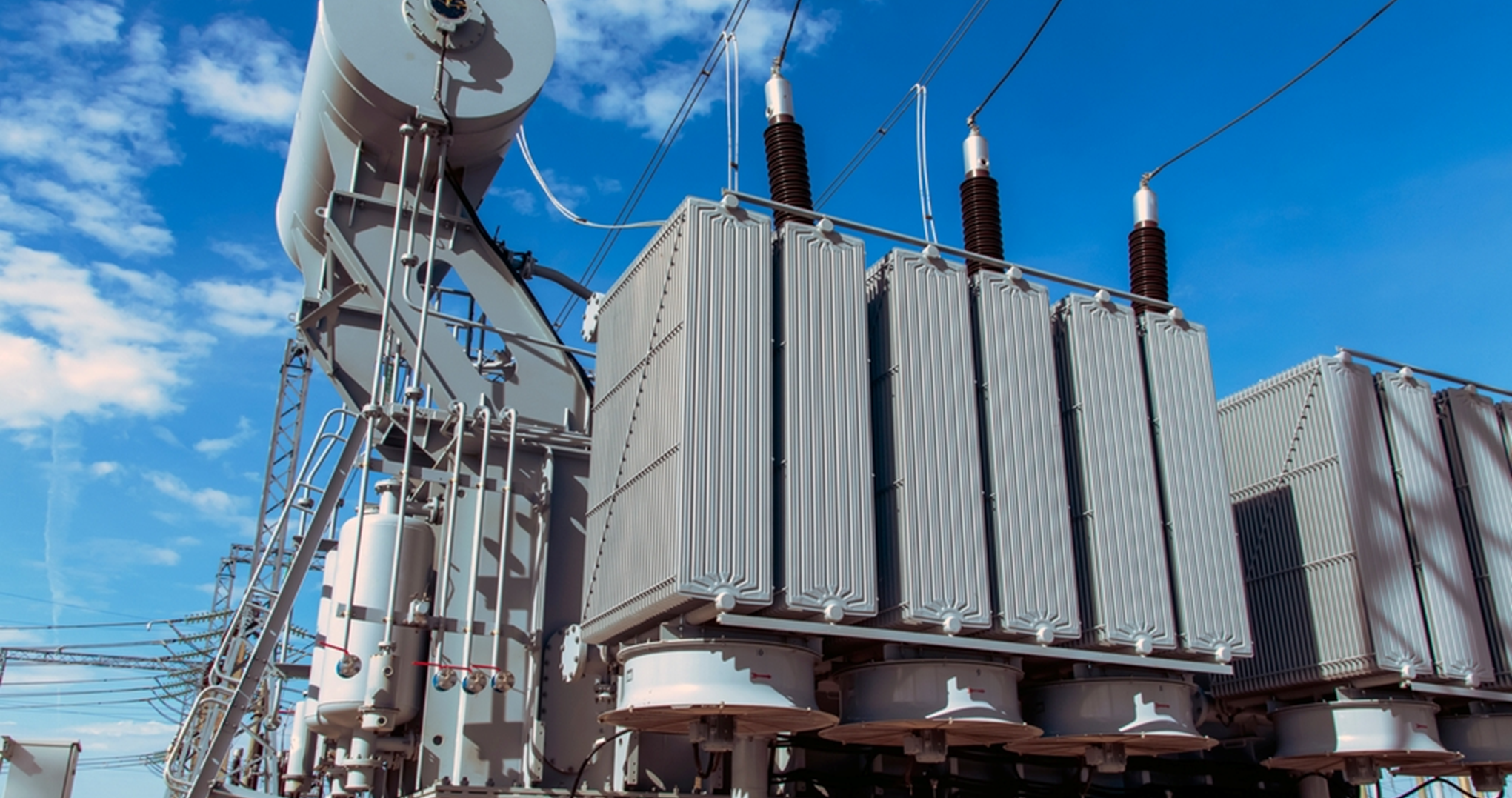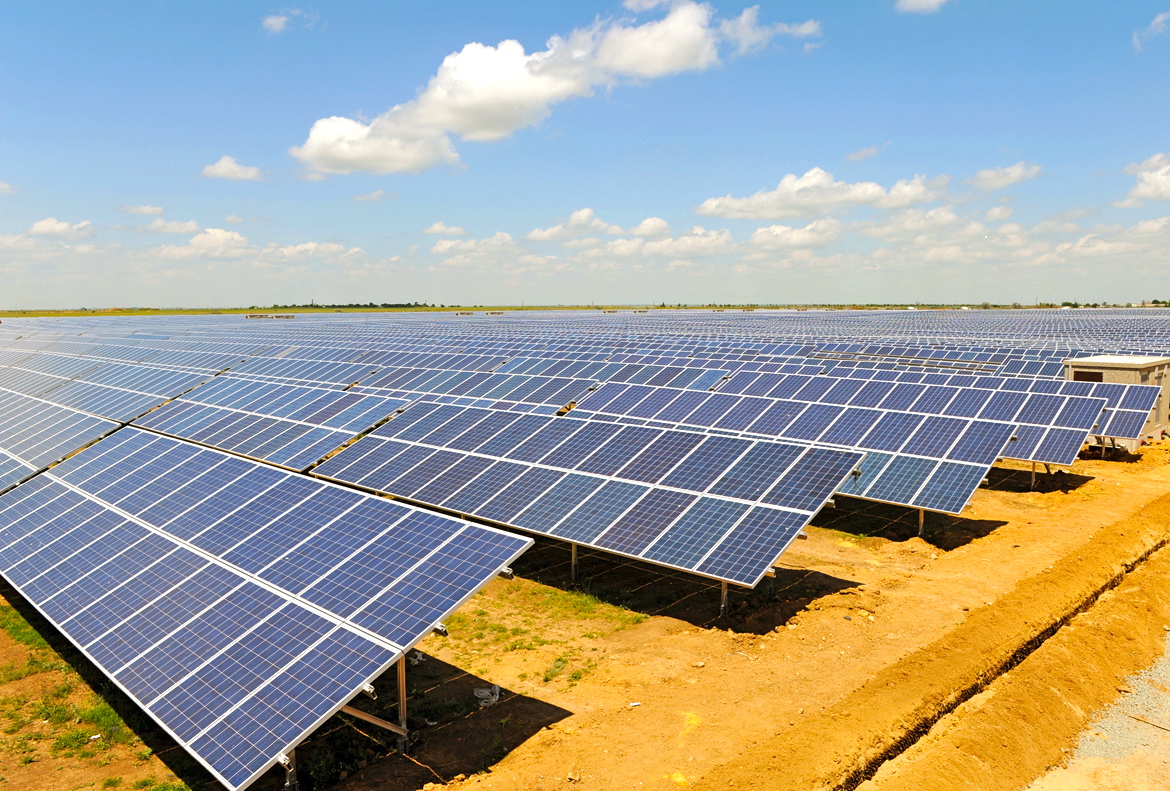Our recommendations
Last Update
22 August 2023
Why is it important to address the vulnerabilities in the supply chain of critical minerals for solar manufacturing in India?
Why is it pivotal for India to build robust supply chains for critical minerals for solar manufacturing?
It is a well know fact that global capacity for extraction and processing of critical minerals are concentrated in a small number of markets, with China being the leading one. This clearly, creates vulnerability in the critical minerals supply chains and specially for a country like India it becomes crucial to better manage supply of minerals and their processing, refining and manufacturing metals, chemicals & intermediates etc.
This has led the way for countries to ink strategic partnerships to deal with China’s dominance and secure their supply chains in order to boost local manufacturing. For instance, the strategic Supply Chain Resilience Initiative between Australia, India and Japan can ably support the supply chain of certain critical minerals involving these countries. Apart from having critical minerals reserves crucial for battery manufacturing Australia boasts of significant reserves for minerals like titanium, niobium, rare earths, tantalum, vanadium etc.
This has led the way for countries to ink strategic partnerships to deal with China’s dominance and secure their supply chains in order to boost local manufacturing. For instance, the strategic Supply Chain Resilience Initiative between Australia, India and Japan can ably support the supply chain of certain critical minerals involving these countries. Apart from having critical minerals reserves crucial for battery manufacturing Australia boasts of significant reserves for minerals like titanium, niobium, rare earths, tantalum, vanadium etc.
GoI has allocated formation of assessment for the critical minerals which shall consider detailed statistical exercise to ascertain that it is inclusive of several factors such as substitutability index, minerals cross-cutting index, import reliance etc. Following the EU methodology, the committee has classified critical minerals under three categories:
I. High economic importance
II. High supply risk
III. High economic importance as well as high supply risk
I. High economic importance
II. High supply risk
III. High economic importance as well as high supply risk
Mr. Ravi Shekhar, Director & Head, of Eninrac Consulting says “For India to transition to global manufacturing hub in clean energies specially for solar sector it would be key for it generate self sustainability in terms of raw materials which are critical in nature. The global transition to low-carbon energy is leading the growing demand of critical minerals across the globe. For solar sector, the focus shift of USA and EU to cut upon imports from China and generate their sustainable supply chain towards strategic collaborations in Africa, Asia and Pacific is noteworthy.
For India it will not be different either if it needs to build robust supply chain to support solar manufacturing segment and rise to the global competition. It is a well know fact that global capacity for extraction and processing of critical minerals are concentrated in a small number of markets, with China being the leading one. This clearly, creates vulnerability in the critical minerals supply chains and specially for a country like India it becomes crucial to better manage supply of minerals and their processing, refining and manufacturing metals, chemicals & intermediates etc. This has led the way for countries to ink strategic partnerships to deal with China’s dominance and secure their supply chains in order to boost local manufacturing. For instance, the strategic Supply Chain Resilience Initiative between Australia, India and Japan can ably support the supply chain of certain critical minerals involving these countries. Apart from having critical minerals reserves crucial for battery manufacturing Australia boasts of significant reserves for minerals like titanium, niobium, rare earths, tantalum, vanadium etc. which would remain vital for India’s domestic solar manufacturing prospects as the country is import dependent for tellurium, gallium, indium and copper as well.”
What will be the dynamics around critical minerals supply chain in next decade for India?
Use Case
• High vs. low supply chain due diligence by China
• High vs. low control of supply chain by Chain
Supply Chain Scenarios for India
• Geopolitical and sustainability risk threaten the energy transition
• China’s green & clean energy monopoly continuity
• Bifurcation of critical mineral supply chains across strategic partners
• Virtuous circle of competition & sustainability
**It is involving several factors outside the scope of this scenario analysis will materially affect how things evolve, of course, including overall levels of demand for critical minerals and their prices, and technologies breakthroughs that reduce mineral requirements for key mineral requirements for energy transition applications.
• Geopolitical and sustainability risk threaten the energy transition
• China’s green & clean energy monopoly continuity
• Bifurcation of critical mineral supply chains across strategic partners
• Virtuous circle of competition & sustainability
**It is involving several factors outside the scope of this scenario analysis will materially affect how things evolve, of course, including overall levels of demand for critical minerals and their prices, and technologies breakthroughs that reduce mineral requirements for key mineral requirements for energy transition applications.
- Communications Team
Do you want to seek Eninrac assistance in helping you resolve some critical business issues? Engage with us and reach out to our experts by using the Request for Proposal (RFP) form.
BEST VISION IS INSIGHT
Combine market knowledge and your skill to contribute value for end consumers

Transformer Sales Surge: ₹75,000 Crore Opportunity Ahead

Solar Parks Development Status in India

EU Solar Market 2024: Utility- Scale Resilience Amidst A Slumping Rooftop
Get started with
EI Market personalised demo
Complete the form to get in touch with our sales team to see our Visionboard platform in action. We'll show you how you can use eninrac to build a culture of action of consistently hunting down and eliminating poor market research expriences across your companies line of business


